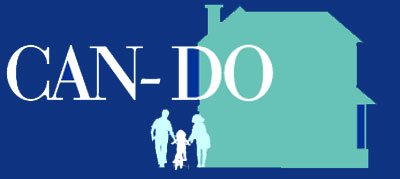CAN-DO offers free income tax preparation for low- to moderate-income households (generally less than $75,000) with in-person appointments on Wednesday and Saturday afternoons at our Newton office.
If you haven’t filed your federal and state tax returns for 2025, 2024, and 2023, CAN-DO VITA can help you claim any credits due to you, prepare your tax returns, and submit to the IRS electronically.
Volunteer Income Tax Assistance
You can also schedule an appointment by calling a VITA Representative at 617-906-7293, or emailing vita@newtoncan-do.org
How does CAN-DO VITA work?
VITA is an IRS Program—for more information click here.
We can prepare most returns, but there are some situations where we cannot help. After making an appointment, ensure you follow the list below.
What to bring with you:
Non-Expired Photo ID
Social Security Card or Individual Taxpayer ID Letter (ITIN) for you and everyone else who will be in your tax return, including dependents and spouse
You may have received many of these documents by mail or by email:
W2 forms from all jobs in 2025
All 1099 forms: 1099G (unemployment), 1099R (pension payments), 1099INT (bank interest), 1099SSA (Social Security), 1099misc, 1099K and 1099NEC for self-employment
Uber/Lyft etc. statements, mileage and expense records if self employed
Proof of health insurance (Health insurance cards, MA-1099HC and 1095-A, B or C forms if applicable) for the taxpayer, spouse, and all dependents
If you received health insurance through the Affordable Care Act Marketplace or the Massachusetts Health Connector, you must bring in a 1095A
What is the Earned Income Tax Credit (EITC)?
The IRS sponsors a nationwide multilingual effort to increase awareness of who is eligible for the EITC, to encourage workers to file tax returns in order to claim it and other refundable credits. The IRS works with national partners, community-based coalitions, and local partners, such as CAN-DO to publicize eligibility for the credit. Below, watch the NewTV interview featuring CAN-DO staff and volunteers with information about who is eligible for the credit. The IRS also highlights FREE tax preparation and electronic filing of tax returns at Volunteer Income Tax Assistance (VITA) sites such as the one sponsored by CAN-DO at its site located at 413 Watertown Street in Newton.


